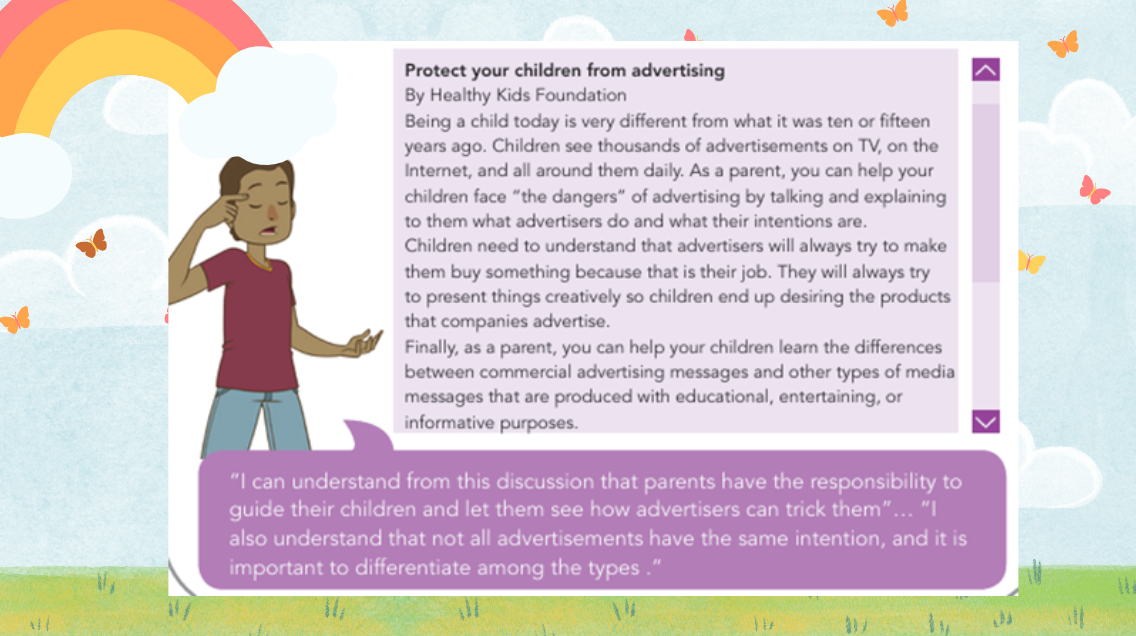Unit 4. Emerging technologies
 GENERAL INTRODUCTION
GENERAL INTRODUCTION
In this module, we will dive into the world of emerging technologies through both oral and written texts. Using your prior knowledge, personal inferences, and interpretations, you’ll explain and discuss the ideas presented. You will develop a critical and reflective understanding of how these technologies affect various aspects of modern life. By adopting a thoughtful stance on the author’s perspective, you’ll analyze and evaluate the impact of emerging technologies, providing informed and well-reasoned assessments of the information. Get ready to explore the transformative innovations shaping our future and enhance your ability to engage with cutting-edge topics!
Objetivo:
Explicar las ideas de textos orales o escritos sobre tecnologías emergentes utilizando conocimiento previo, inferencias e interpretaciones personales. El estudiante será capaz de comentar sobre el contenido de los textos, demostrando una comprensión crítica y reflexiva. Al asumir una posición crítica frente al punto de vista del autor, el estudiante analizará y evaluará cómo las tecnologías emergentes impactan diversos aspectos de la vida moderna, ofreciendo una evaluación informada y bien fundamentada de la información presentada.
DBA:
- Explica las ideas de un texto oral o escrito acerca de temas de su interés o que le son familiares a partir de su conocimiento previo, inferencias e interpretaciones. Por ejemplo, al leer un texto, hace comentarios que dan cuenta de su comprensión personal del mismo.
Estándar:
- Asumo una posición crítica frente al punto de vista del autor.

Activities
1. Read the text about Artificial Intelligence
Artificial intelligence (AI)
It is the ability of a digital computer or computer-controlled robot to perform tasks commonly associated with intelligent beings. The term is frequently applied to the project of developing systems endowed with the intellectual processes characteristic of humans, such as the ability to reason, discover meaning, generalize, or learn from past experience. Since the development of the digital computer in the 1940s, it has been demonstrated that computers can be programmed to carry out very complex tasks—such as discovering proofs for mathematical theorems or playing chess—with great proficiency. Still, despite continuing advances in computer processing speed and memory capacity, there are as yet no programs that can match full human flexibility over wider domains or in tasks requiring much everyday knowledge. On the other hand, some programs have attained the performance levels of human experts and professionals in performing certain specific tasks, so that artificial intelligence in this limited sense is found in applications as diverse as medical diagnosis, computer search engines, voice or handwriting recognition, and chatbots.
Tomado de: Artificial intelligence (AI) | Definition, Examples, Types, Applications, Companies, & Facts | Britannica
2. Express your agreement or disagreement about the reading, you can use the following expressions:
3. Express your agreement or disagreement about the reading in the forum, and then you have to reply two comments from your classmates. Post your comments here:
